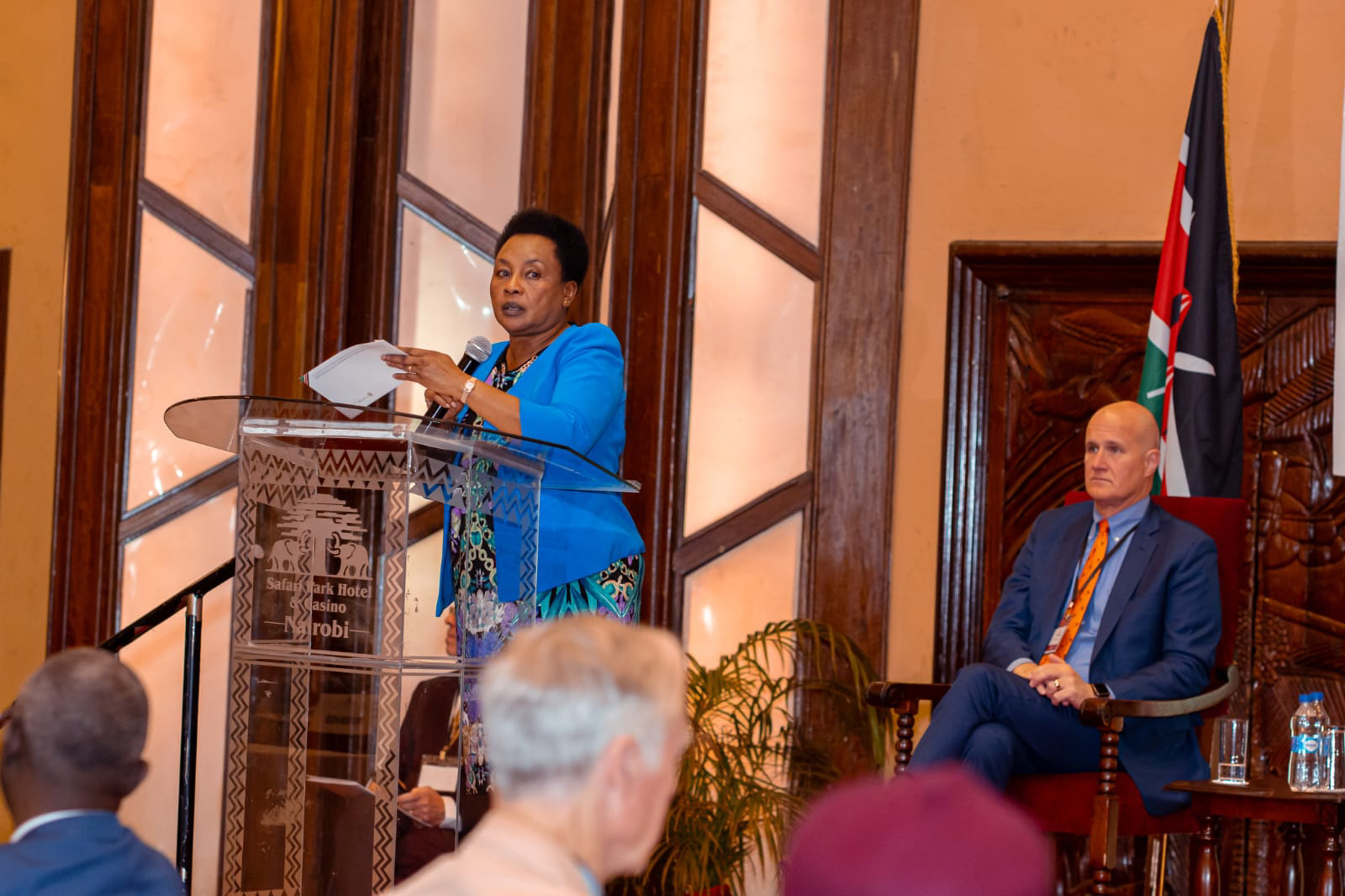Baringo Report Highlights Urgent Need to Involve Women and Communities in Peacebuilding Amid Climate Crisis
Nairobi, Kenya.
By Njeri Irungu
In a powerful and timely event held in Nairobi, the Africa Centre for Sustainable and Inclusive Development (ACSID) unveiled a report that highlights the urgent need to center women and communities in peacebuilding efforts amid the growing threat of climate-induced conflict in Kenya’s pastoralist regions. The launch focused on Baringo County, where the effects of climate change have led to a devastating mix of insecurity, displacement, and social breakdown—particularly affecting women, children, and youth.
Salome Owuonda, Executive Director of ACSID, explained that the report is deeply aligned with the organization’s mission to amplify the voices of marginalized communities and ensure their meaningful participation in development. “Our work is to make sure that the voices of the unheard are not just included but respected in every development conversation—whether it is about climate, conflict, or gender,” she said.
Awuonda emphasized that the consequences of climate-induced conflict are felt most by vulnerable groups. The report exposes the disturbing reality of children being recruited as child soldiers, schools being abandoned, and young girls falling victim to early pregnancies and child marriages. Boys, on the other hand, are forced into combat roles or lose out on education due to constant mobility and insecurity.
“When fathers leave to fight, boys grow up without role models. Girls miss school for long periods and, when they try to return, they feel too old to rejoin their peers,” she explained. “This leads to a cycle of exclusion, hopelessness, and generational poverty.”
Owuonda underscored that the report’s recommendations are not solely from researchers, but from the communities themselves. “We simply analyzed and framed what the people told us. These are their solutions. Our role now is to ensure these voices translate into action,” she said. She called on the media to take up the responsibility of sharing the findings widely, so the knowledge does not remain confined to conference rooms and reports on shelves.
The event was also attended by Senator Moses Kajwang, Chairperson of the Parliamentary Caucus on Climate Action, who commended the report for tackling a long-neglected subject: the role of women in peacebuilding during climate-related conflict. “We often ask the men, who are the primary instigators of conflict, to also be the ones leading peace processes. This is not only ineffective, but unjust,” he said. “Women, who bear the brunt of conflict, must be brought into the center of peacebuilding efforts.”
Senator Kajwang spoke passionately about the need to rethink how society treats cultural practices such as cattle rustling. “We have normalized something that is actually violent crime. Cattle rustling involves guns, theft, and displacement, and it’s often driven by climate change—drought, water scarcity, and shrinking pastures. To end it, we must address the root causes,” he said.
He added that education is a critical solution. “If you take the gun away from a rustler, you must give them something else. That ‘something’ is a pen. Education is the most powerful weapon we can give our children,” he said, lamenting that some schools in Baringo remain closed due to conflict.
The senator also called for greater economic investment in indigenous communities, who have protected Kenya’s natural resources for generations. He urged the government and partners to design carbon credit and benefit-sharing schemes that allow groups like the El Chamus and Androis to earn from their role in environmental stewardship. “These communities safeguard forests, lakes, and biodiversity. They must be allowed to benefit from global climate financing mechanisms,” he said.
Looking ahead, Salome Awuonda outlined a multi-level implementation plan for the report’s findings. At the national level, the Centre will work with Parliament and ministries such as Environment and Interior to push for policy change. At the county level, engagement will continue with chief officers, members of county assemblies, and local administrators in Baringo. Beyond government structures, the organization will collaborate with civil society, academia, private sector, and grassroots movements to ensure that action is community-driven and inclusive.
Importantly, ACSID plans to develop programs that include children in peacebuilding, recognizing their role not just as victims of conflict, but also as potential agents of change.
In closing, Owuonda reaffirmed that real, lasting change requires every member of the community—women, men, youth, and children—to be involved. “This report is not an end. It is the beginning of an agenda for inclusive, sustainable peace and development,” she said.





Comments
Post a Comment